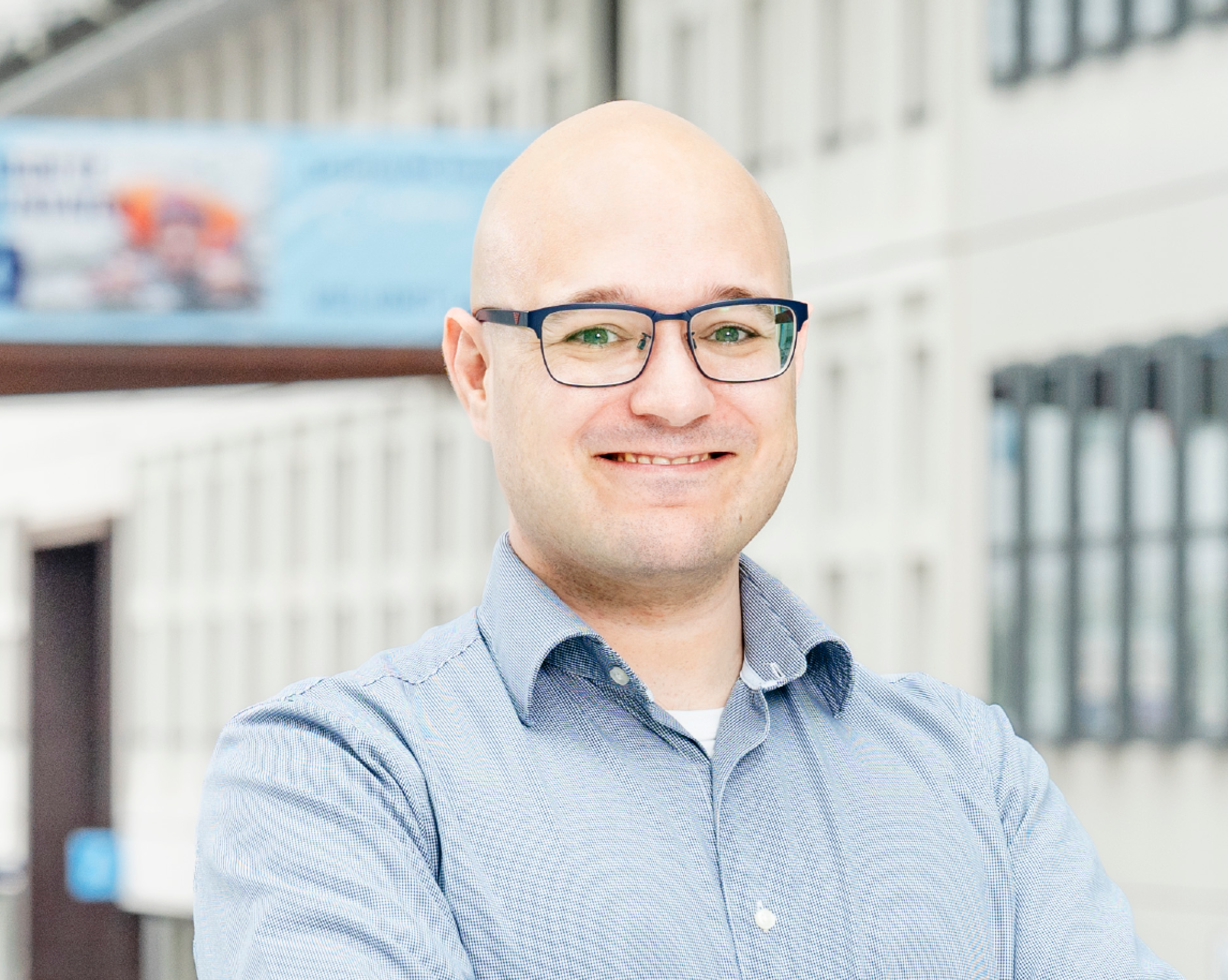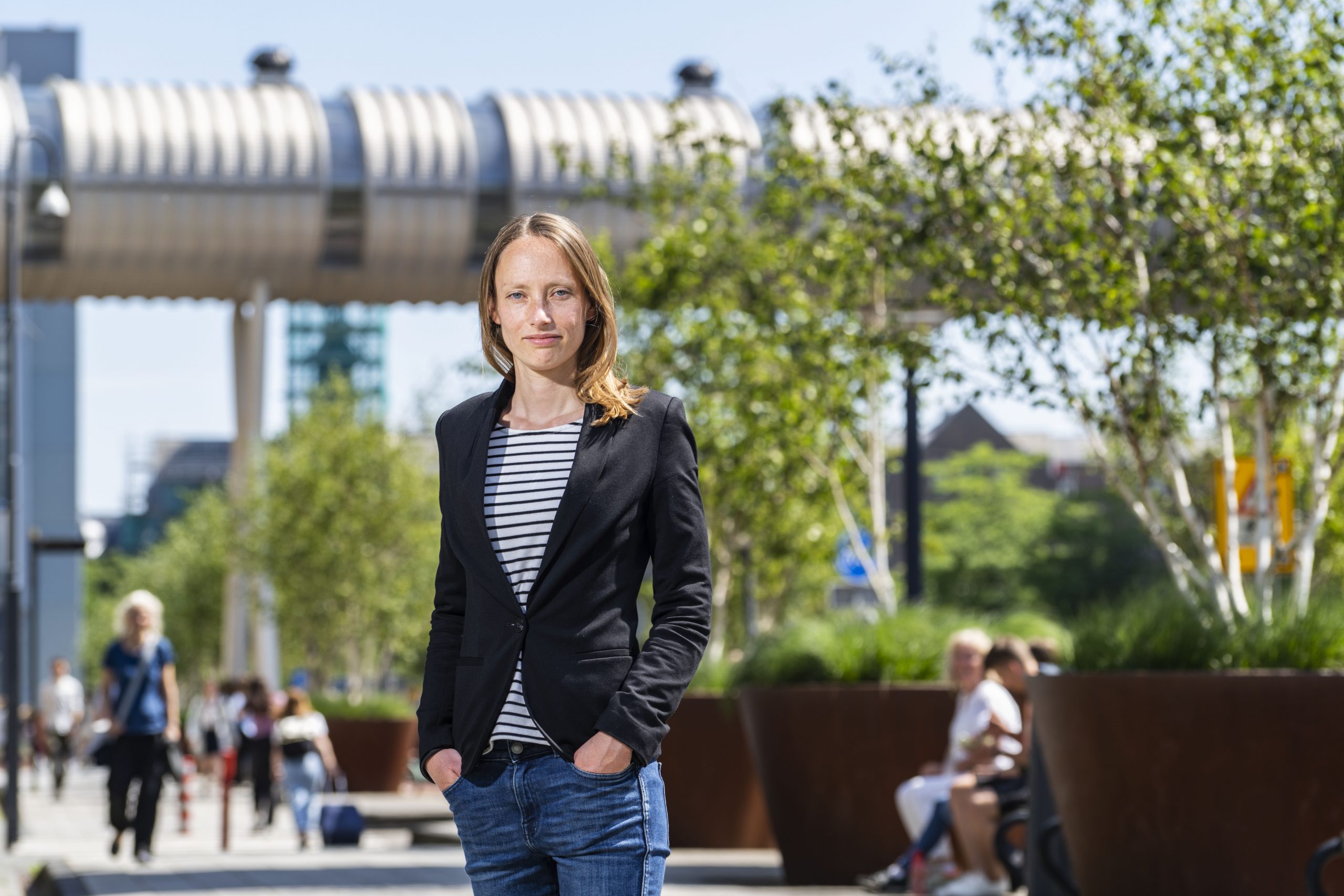Kevin ten Haaf, econometrician at Erasmus MC in Rotterdam, is the recipient of the Heineken Young Scientists Award in the Medical/Biomedical Sciences. The jury praises his research on the early detection of lung cancer. Using various mathematical models, he develops personalised screening programmes that help countries identify high-risk groups and effectively detect the disease in its early stages. It is a method that can offer many health benefits.
Charlene de Carvalho-Heineken established the Heineken Young Scientists Awards in 2010 to honour young scientific talent for their outstanding achievements. Since then, the prize has been awarded every two years to four highly promising young researchers affiliated with a Dutch university or research institute and who are working in one of the following domains: Medical/Biomedical Sciences, Humanities, Natural Sciences, and Social Sciences. Each laureate receives an unrestricted cash prize of €15,000 as a reward.
About the research
Many lung cancer patients are not diagnosed before their cancer has metastasised, causing their chances of healing to be slim. However, if a tumour is identified before it metastasizes, it is still treatable. Early detection of lung cancer can, therefore, bring many health benefits. In Europe, there has long been a desire to initiate lung cancer screening. Early detection of cancer can offer many health benefits. However, it is not feasible to screen everyone continuously. Kevin ten Haaf therefore decided to develop customised screening programmes based on a country’s population.
Ten Haaf’s research is based on a comprehensive use of mathematical models. These models enable him to predict individuals at high risk of developing lung cancer, considering factors such as smoking behaviour and age. He also factors in the rate at which tumours that are not yet symptomatic develop, and the effectiveness of detection at various stages. By weighing the advantages, disadvantages, and costs of these predictions, he can identify the most optimal screening programme for a country.
Ten Haaf’s research has directly contributed to the implementation of population screening in several countries, including Australia and Canada (Ontario). He is currently studying the most effective method for early lung cancer detection in several European countries, including the Netherlands. Whether it will be implemented in the Netherlands remains to be seen. Former health minister Ernst Kuipers has requested a recommendation from the Health Council, which is expected to present their advice later this year.
Jury praises impact of statistics on healthcare
The jury was impressed by Ten Haaf’s innovative methodologies and his ability to translate complex analyses into actionable insights for policymakers and clinicians. His work not only influences international screening guidelines, but also directly affects patients. This makes the social impact of his research significant. As an internationally recognised expert in lung cancer screening, Ten Haaf regularly lectures at conferences and advises on the implementation of screening programmes worldwide.
About Kevin ten Haaf
Kevin ten Haaf (1988) studied econometrics and management sciences at Erasmus University in Rotterdam. At Erasmus MC Rotterdam, he received his PhD (cum laude) on the optimisation of lung cancer screening in 2017. After this, he held several research positions at Erasmus MC and was a visiting scientist at the National University of Singapore. He has been an Assistant Professor in Public Health at the department of Public Health at Erasmus MC in Rotterdam since 2021.
Video
Kevin ten Haaf, econometrician









